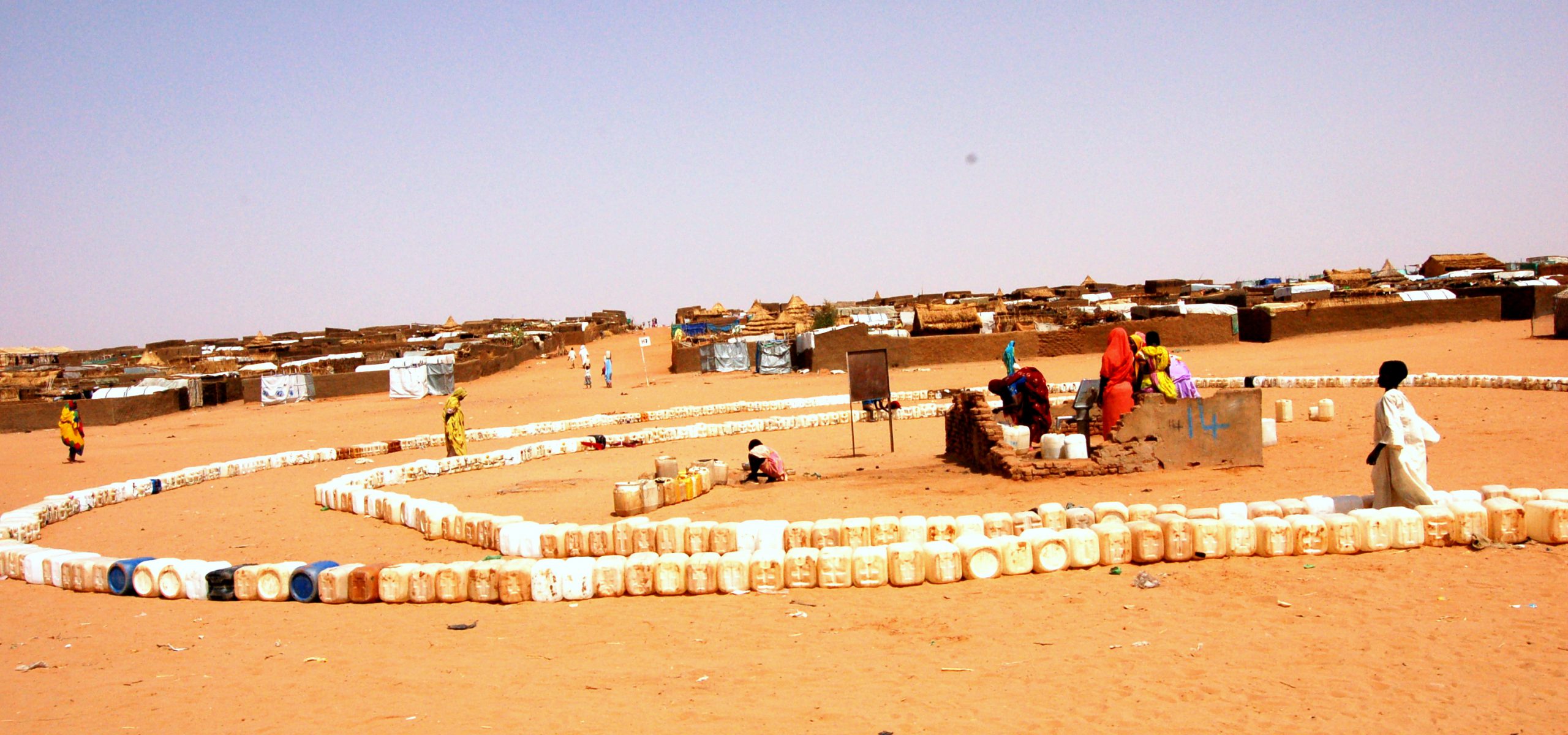Implementation
Implementation of Response and Recovery operations, programmes and projects

Implementation of Response and Recovery operations, programmes and projects
The implementation of planned activities to achieve set humanitarian objectives is where the programmatic mainstreaming strategy1 is put into action. The degree to which humanitarian programs integrate environmental actions heavily depends on the inclusion of environmental considerations in preparedness, response planning and resource mobilization. When environmental considerations have been considered beforehand, concrete activities are in place to address environmental concerns and minimize impacts during the implementation phase.
However, even if environmental considerations haven’t been addressed during previous humanitarian activities, it is still crucial to consider how the environmental consequences of the specific crisis might affect the way response operations can be implemented. Negative environmental impacts can give rise to new humanitarian needs throughout the crisis or may even cause subsequent emergencies. Thus, a certain degree of flexibility and responsiveness to environmental issues is important during the implementation phase. Here response monitoring plays an important role.
The clusters play an important role in advising humanitarian organizations on technical implementation, and are also able to coordinate work on cross-cutting issues. Cluster meetings and information-sharing groups are good venues to learn more about the priority environmental concerns which may impact programme implementation.
A situation analysis following a crisis typically looks at key crisis drivers, affected areas, the number and type of affected people, the ways in which people are affected, the most urgent needs and available capacities.
Assessing the environmental consequences of an emergency and prioritizing the response actions based on the needs, forms the foundation of a coherent, efficient and sustainable humanitarian response.
Environment is included into response plans in order to improve programme quality and accountability to disaster-affected people.
Environmental mainstreaming is dependent on successful resource mobilization, where environmental concerns must be integrated in funding proposals in order to secure funding.
Response monitoring is about creating evidence for humanitarian actors about what actions should be taken to address shortcomings and fill gaps in in the response, with the aim of improving accountability towards affected populations, local government, donors and the general public.




